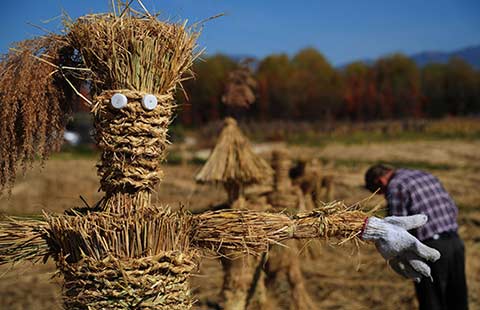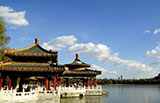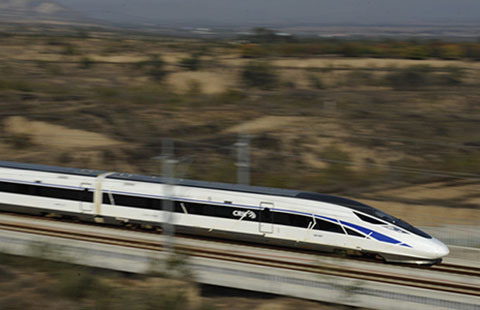New exhibition, documentary marks Nanjing Massacre anniversary
(Xinhua) Updated: 2015-12-08 00:19NANJING -- A new section of the Nanjing Massacre Memorial Hall opened in east China's Jiangsu Province on Monday, while a 10-episode documentary debuted on the same day, as China prepares to mark the 78th anniversary of the atrocity.
The new hall, covering about 29,684 square meters, contains 1,100 pictures and 6,000 other exhibits.
It is organized into five sections themed around crime, resistance, surrender, trial and peace.
"Previously, our exhibition focused on truth and evidence. In the new hall, we would like to tell everyone about our victory," said curator Zhu Chengshan.
The exhibits include a certificate for Zang Shouquan, a soldier who died protecting the city, and a medal of Japanese veteran Azuma Shiro, who recorded the atrocities in a diary published in 1987.
Ni Naixian donated a printer used by her father as he was involved in the Tokyo trials of Japanese war criminals after World War II.
Ni, who has visited the Memorial Hall many times, said of the new exhibits, "I felt encouraged, and the power to face up to the future."
From December 13, 1937 to January of 1938, 300,000 Chinese civilians and unarmed soldiers were killed in Nanjing after the city fell into Japanese hands.
The Nanjing Massacre Memorial Hall was built in 1985, and it was expanded and renovated in 1995.
China last year designated Dec. 13 National Memorial Day for Victims of the Nanjing Massacre.
Before the second memorial day on Sunday, a documentary titled "Nanjing Massacre in the Eyes of Foreigners" will air on Chinese TV.
For its production, teams headed for countries including the United States, Japan, Germany and Denmark to visit relatives of foreigners who were in Nanjing during the mass murder.
"This is the first time we have made a documentary from the point of view of foreigners," said Wang Weixing, director of the history institute of the Jiangsu provincial academy of social sciences.
Producer Cao Haibin told Xinhua that they also found 95 video tapes filmed by Azuma Shiro. "A former Japanese journalist gave them to us and we are in debt to him for the help," Cao said.
The documentary is likely to be shown in Australia and Britain following ongoing talks with foreign media companies, said Bu Yu, head of the Jiangsu Broadcasting Corporation.
- 92-year-old Nanjing Massacre survivor has miraculous escape
- Premier Li condemns Paris massacre, vows support
- Q&A: What is the truth about the Nanjing Massacre? (1116)
- China to establish Nanjing Massacre database
- China to set up database for Nanjing Massacre files after UNESCO listing
- China welcomes UNESCO listing of Nanjing massacre files
- Sick panda rescued in China
- Drone makers turning to farmland
- Mt Qomolangma gets warmer: report
- Bye-bye blue: More smog settling in
- Former tycoon dies at 44 in prison
- Smog to hit northern China
- China records major growth in higher educations
- Ministry plans tougher emission permit system to curb pollution
- Beijing-Tianjin-Hebei govts to cooperate on emissions control
- Residents without hukou pin hopes on new policy







